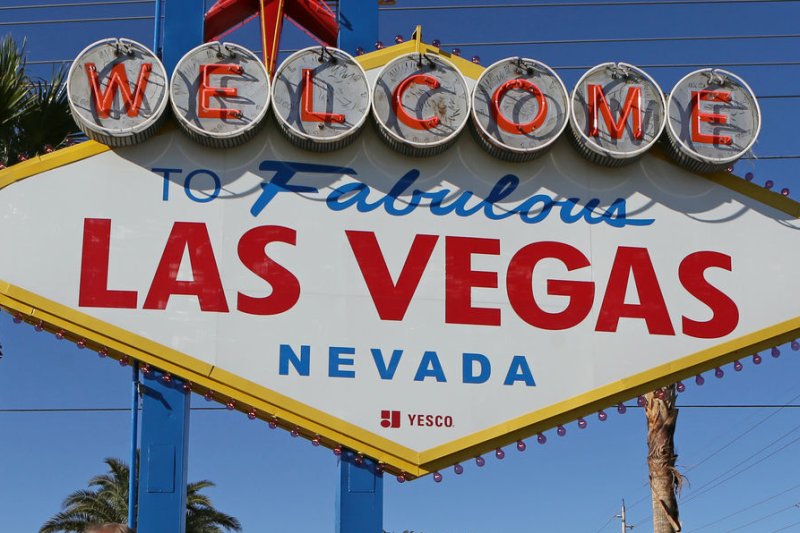Israel Using Facial Recognition Surveillance In Palestinian City
By Ben Simon
11/09/21
Israel's army has deployed a sweeping personal data collection programme using facial recognition technology targeting Palestinians in parts of the occupied West Bank, an organisation working with former soldiers said Tuesday.
The programme sees Israeli troops collecting data of Palestinians in the flashpoint city of Hebron. It was first reported by The Washington Post based on soldier testimony given to the Breaking the Silence organisation.
Soldiers on patrol equipped with specialised devices "take photos of every Palestinian that they see, completely arbitrarily," Breaking the Silence advocacy director Ori Givati told AFP.
After the picture is taken, the system known as "Blue Wolf" generates four possible results, according to Givati who said the findings were based on testimony from six soldiers who participated in the surveillance effort.

A man points at surveillance cameras in the Palestinian city of Hebron, where an organisation working with former soldiers says facial recognition technology is targeting Palestinians
Photo: AFP / HAZEM BADER
A red result means the individual should be arrested, yellow means the Palestinian should be detained while an army superior is consulted, and green indicates the individual is free to go.
But no result means the Palestinian is not yet in the Blue Wolf system. That prompts the soldier to collect more data.
Asked for comment on the reports about Blue Wolf, Israel's army said it "conducts routine security operations" in the West Bank as part of its "fight against terrorism."
"Naturally, we cannot comment on the IDF's operational capabilities in this context," a spokesman said, referring to the Israeli Defense Forces.
Hebron is the only Palestinian city with Jewish settlers living inside it, making the city "the best place" to test Blue Wolf, Breaking the Silence deputy director Nadav Weiman told AFP.

Israeli soldiers walk past surveillance cameras in Hebon, the only Palestinian city with Jewish settlers living inside it
Photo: AFP / HAZEM BADER
He spoke in central Hebron near the holy site known to Muslims as the Ibrahimi mosque and to Jews as the Cave of the Patriarchs.
The settlers are guarded by heavy military protection in an urban area, which increases contact between soldiers and Palestinian residents, and the city's vast network of security cameras has been integrated into Blue Wolf, Weiman said.
According to Givati, soldiers have competed for prizes over who takes the most pictures.
"We are talking about another layer of control. Another layer of things that we allow ourselves to do to the Palestinian people," Givati said.
Speaking to AFP from her apartment that overlooks Hebron's Al-Shuhada street -- once a bustling market area but closed to Palestinians for more than 20 years -- Zulaikha Muhtaseb said her neighbourhood was "surrounded by cameras."
She spoke through a door that once opened onto Al-Shuhada street but was welded shut after Israel closed the street, citing security concerns, after Jewish extremist Baruch Goldstein murdered 29 Palestinians in Hebron in 1994.
Muhtaseb said she had not knowingly had direct exposure to Blue Wolf. But as a Palestinian Hebron resident she felt the perpetual nature of Israeli surveillance.
"For the Palestinians it is a kind of violation. Nobody likes to be watched all the time," she said.
Israel has occupied the West Bank -- where more than two million Palestinians live -- since the 1967 Six Day War. Roughly 475,000 Jewish settlers now live in the Palestinian territory, in communities widely regarded as illegal under international law.
Copyright AFP. All rights reserved.











